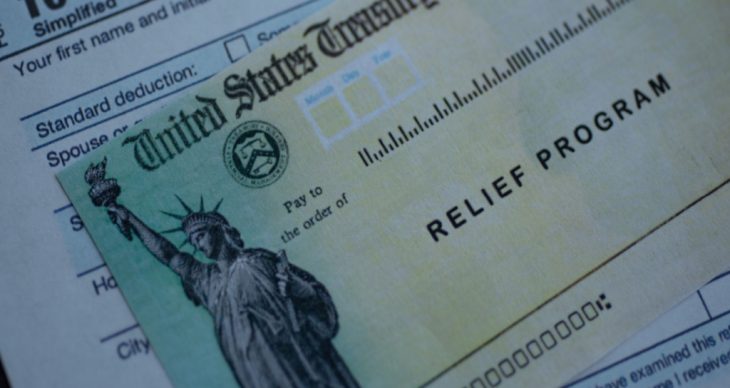Wage growth hasn’t been enough to combat the current inflation rate for many Americans. If you’re struggling to keep up with rising expenses, you could qualify for government grants and assistance programs to help you save money.
From getting help with your rental payments to finding tips for reducing your utility bills, every penny counts. Continue reading below to learn more about available programs and ways to save money during periods of inflation.
Section 8 Housing
Section 8 housing is the largest government rental assistance program in the United States. Housing programs for low income households like this provide vouchers that reduce rental expenses for qualifying low-income families, seniors, and disabled persons.
To receive Section 8 vouchers, you must generally meet a few criteria:
- Meet local income guidelines
- Have a dependent child, senior, or disabled person living within the home
- Be a U.S. citizen or have an eligible alien status
- Have a positive rental history
You can apply for benefits by contacting your local Public Housing Agency (PHA). If you are eligible, you’ll likely be placed on a waiting list until help becomes available. It’s recommended to apply to as many PHAs as you can, because each has its own waiting list and income limits. Even if you don’t qualify for rental assistance through one Public Housing Agency, you may qualify through another.
Low Income Home Energy Assistance Program (LIHEAP)
LIHEAP provides personal grants to households to help combat heating and cooling costs. To qualify, you must meet income-related guidelines. You could automatically qualify if you already receive help from another government assistance program, like food stamps or TANF.
Additionally, LIHEAP can help weatherize your home to make it more energy efficient. It’s recommended to apply for assistance through your local office as soon as you need help, because funds are limited.
Temporary Assistance for Needy Families (TANF)
TANF provides monthly cash assistance to participating low-income families. To qualify, you must have a dependent child living in your home and meet strict income guidelines. Additionally, assistance is only provided for a limited time throughout your lifetime.
In addition to cash assistance, many TANF offices provide additional help, such as childcare or job training. To apply for aid, contact your nearest Tribal or State TANF office.
Government Home Repair Loans and Grants
Does your home need repairs or improvements? See if you qualify for government assistance loans through Section 502 or 504. To qualify for a loan, you must meet these requirements:
- You are a homeowner and you reside within the home
- You are unable to obtain affordable credit anywhere else
- You meet income-related guidelines
You can apply for a loan through your local Rural Development (RD) office.
Additionally, very low-income seniors may qualify for repair grants of up to $10,000 to remove a health or safety hazard. In addition to the previous requirements, you must be:
- At least 62 years of age
- Unable to repay a repair loan
Supplemental Nutrition Assistance Program: Government Assistance for Food Costs
Also known as food stamps, SNAP provides monthly food assistance to help families reduce the cost of food. Benefit amounts are determined by household size, income, and qualifying expenses.
To qualify for food stamps, you must:
- Meet local income guidelines
- Meet asset limits
- Be a U.S. citizen or have a qualifying immigration status
You may need to meet additional requirements to receive food stamps for longer than three months. If you are an able-bodied adult without young dependent children, you may also need to meet work-related requirements.
You can apply for SNAP by contacting your local office. Depending on your office, you may be able to apply online, over the phone, by mail, or in person.
Medicaid: Government Assistance Health Insurance
Medicaid is a no or low cost health insurance program available to qualifying low-income families and individuals. This program is overseen by state programs that follow federal guidelines.
While income is the primary determining eligibility factor, some state programs have additional eligibility requirements. You can apply for Medicaid at your local office. Depending on your state, you may be able to apply online, by mail, or in person.
By Admin –








